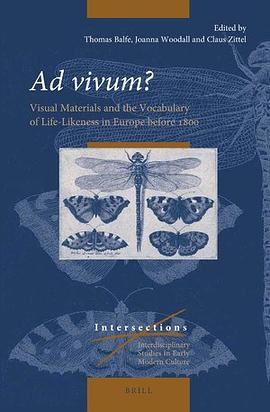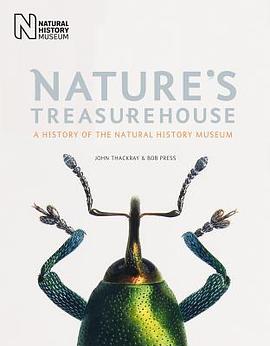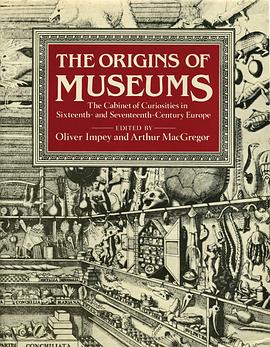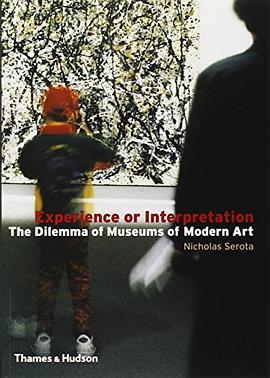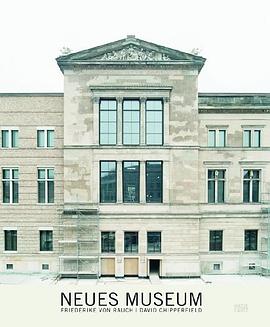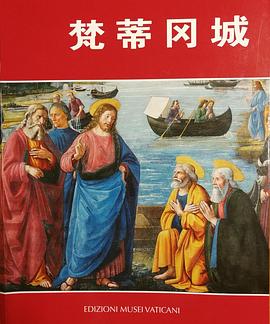

Growing up with the twentieth century, Alfred Barr (1902-1981), founding director of the Museum of Modern Art, harnessed the cataclysm that was modernism. In this book -- part intellectual biography, part institutional history -- Sybil Gordon Kantor tells the story of the rise of modern art in America and of the man responsible for its triumph. Following the trajectory of Barr's career from the 1920s through the 1940s, Kantor penetrates the myths, both positive and negative, that surround Barr and his achievements.Barr fervently believed in an aesthetic based on the intrinsic traits of a work of art and the materials and techniques involved in its creation. Kantor shows how this formalist approach was expressed in the organizational structure of the multidepartmental museum itself, whose collections, exhibitions, and publications all expressed Barr's vision. At the same time, she shows how Barr's ability to reconcile classical objectivity and mythic irrationality allowed him to perceive modernism as an open-ended phenomenon that expanded beyond purist abstract modernism to include surrealist, nationalist, realist, and expressionist art.Drawing on interviews with Barr's contemporaries as well as on Barr's extensive correspondence, Kantor also paints vivid portraits of, among others, Jere Abbott, Katherine Dreier, Henry-Russell Hitchcock, Philip Johnson, Lincoln Kirstein, Agnes Mongan, J. B. Neumann, and Paul Sachs.
具體描述
讀後感
評分
評分
評分
評分
用戶評價
相關圖書
本站所有內容均為互聯網搜索引擎提供的公開搜索信息,本站不存儲任何數據與內容,任何內容與數據均與本站無關,如有需要請聯繫相關搜索引擎包括但不限於百度,google,bing,sogou 等
© 2025 qciss.net All Rights Reserved. 小哈圖書下載中心 版权所有


